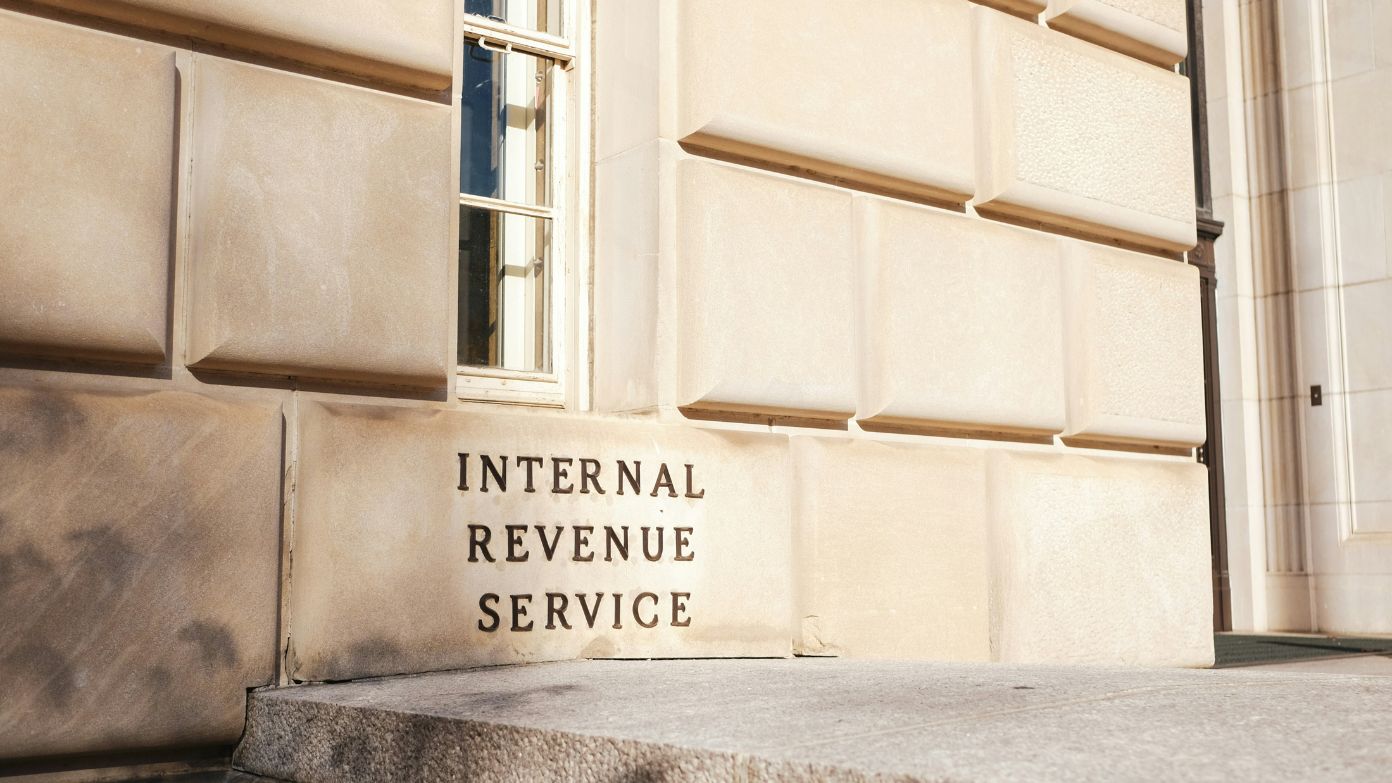Planning for retirement is serious business, and one of the most useful strategies is contributing to a 401(k) plan. It guarantees a stable financial future for you and offers tremendous tax benefits. Let’s examine how your 401(k) contributions reduce taxable income and what other things you need to be informed about to reap maximum benefits.
How do 401(k) contributions affect my taxable income?
When you contribute to a conventional 401 (k) plan, you are basically using pre-tax dollars. It means the amount is deducted from your paycheck before federal income taxes apply, thus lowering your taxable income for the year. For example:
- If you are an earner of $50,000 a year, and if you put in $5,000 into your 401(k) account, the taxable income reduced is $45,000.
- This reduction can push you into a lower tax bracket and thereby possibly cut down the taxes you owe.
Bear in mind that the lesser taxable income now does not imply the amount will not be taxable when you withdraw it during retirement.
What are the contribution limits for 401(k) plans?
Internal Revenue Service yearly limits on your 401(k) contributions for 2025 is based on the following:
- The amount being set per annum for the allotment is $23,500.
- However, if you are over 50 years, the catch-up contribution is an additional amount of $7,500 – for this reason, the total possible contribution will be $31,000.
These maximums become indexed and adjusted regularly for inflation, thus, no one should let themselves go out of touch with what may change such limits.
How do employer contributions impact my taxable income?
Many employers offer matching contributions to your 401(k), which is essentially free money toward your retirement. However:
- Employer contributions don’t reduce your taxable income; only your contributions do.
- These contributions grow tax-deferred, meaning you won’t pay taxes on them until you withdraw the funds in retirement.
It’s advisable to contribute at least enough to get the full employer match, as it’s a valuable addition to your retirement savings.
What are the tax implications of withdrawing from my 401(k)?
It is extremely essential to know how taxes bill in withdrawal:
- Qualified withdrawal: After reaching the age of 59.5, a withdrawal from the 401K can be done without incurring any penalty; however, the distribution qualifies as ordinary income.
- Early withdrawal: In a general case, a withdrawal prior to the 59.5 years will cause a 10% penalty plus a normal income tax form to apply except for a few exceptions.
Strategic planning involves “income tax consequences” for making withdrawals during retirement.
How does contributing to a Roth 401(k) differ?
Some employers offer a Roth 401(k) option, which has different tax treatments:
- Contributions: Made with after-tax dollars, meaning they don’t reduce your current taxable income.
- Withdrawals: Qualified distributions, including earnings, are tax-free in retirement.
Choosing between a traditional and Roth 401(k) depends on your current tax situation and expectations for future tax rates.
Can 401(k) contributions affect my eligibility for tax credits?
Yes, contributing to a 401(k) can impact your qualification for certain tax credits, such as:
- Saver’s credit: This credit might be available to low-income individuals, reducing the tax paid in full.
- Income limits: As contributions to a 401(k) reduce your adjusted gross income (AGI), they might qualify you for credits or deductions with income limits.
By reducing your AGI, you may be eligible for additional tax deductions, enhancing your tax strategy as a whole.

